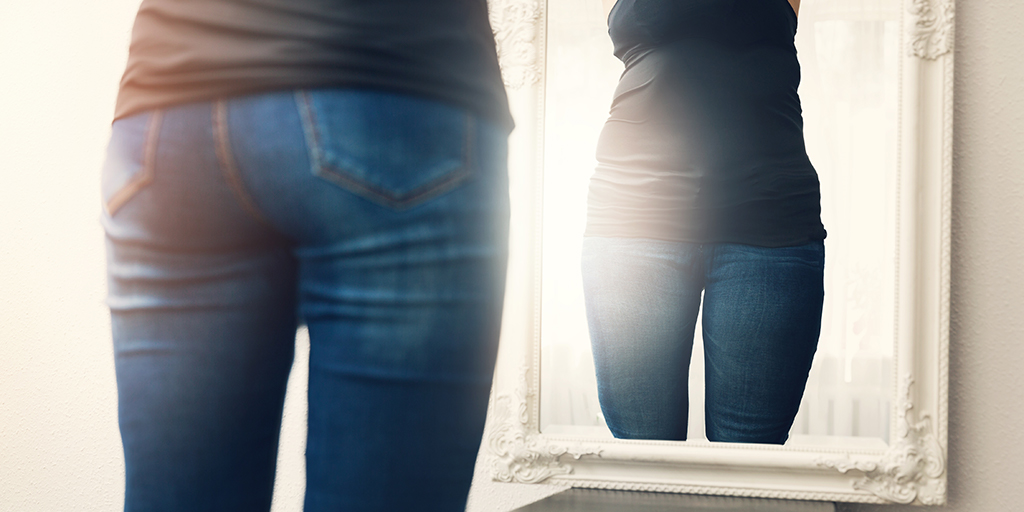Photoshop is destroying society's self-esteem
 CREDIT: RONSTIK (THINKSTOCK)
CREDIT: RONSTIK (THINKSTOCK)Photoshop might be a way to make photos more intriguing to publish, but in reality can cause harm to one's self-esteem.
With digital usage at a rise, and the average person spending around 12 hours consuming media coverage and seeing approximately 3,000 advertisements daily, the element of Photoshop can be detrimental to the physical and mental health of everyone in today’s society.
False images of models, socialites, celebrities and even friends and family are incorporated in our daily lives. Images edited using forms of Photoshop stop the world from seeing your natural beauty and leave you seeing an unrealistic version of what should be you. Altering these images causes people to look down on themselves and feel insecure about their appearance. These thoughts cause people to be anxious and deteriorate the self-esteem of plenty. People who view these images of models with a “perfect body” will often try to mock their figure, not realizing that it isn’t possible, nor does the model look like their picture in real life.
Youth are exposed to media at a young and grow up thinking that they should look like the girls they see on magazine covers and television advertisements. Children as low as first grade are affected by Photoshop and want to become slimmer.
According to a “Photoshop in Advertising” article, roughly 42 per cent of girls in grade one to three want to be thinner and no seven year old child should feel insecure about their self-image. Viewing edited images on a daily basis push people towards harm’s way in order to achieve the body society has now deemed as beautiful. These unnatural beauty standards of having a slim waist and no body fat influence eating disorders such as Anorexia Nervosa and Bulimia. About 0.3 per cent of adolescent girls will meet the diagnostics for an eating disorder.
People of today’s society have grown to fear cellulite, wrinkles, curves and other flaws because of the media only releasing edited photographs. Due to skinny being desirable people would rather be thin than healthy. The results of before and after Photoshopped images are thought provoking. You see what your natural beauty is, compared to what society’s version of beauty is seen as. Photoshopping images is a desperate way to alter someone’s natural beauty into an unrealistic beauty standard.
Many people think that the pictures they view in magazines and online are natural and they look down on themselves because these models are perfect and they aren’t. Even the people who know that these pictures and advertisements are edited still compare themselves to these ‘perfect’ people because who doesn’t want to be perfect?
Photoshop takes away the uniqueness of an individual and edits them into something they’re not. The models in pictures that are Photoshopped and released are already shot by professional photographers with expensive camera and perfect lighting, with the best angles possible. The models have also already undergone hours of hair and makeup done by professional artists to make them the best looking they can in person. Then Photoshop tells models that are already thin, tall, pretty etc. that even though they are already everything society aspires to be, they still aren’t good enough.
Editorial opinions or comments expressed in this online edition of Interrobang newspaper reflect the views of the writer and are not those of the Interrobang or the Fanshawe Student Union. The Interrobang is published weekly by the Fanshawe Student Union at 1001 Fanshawe College Blvd., P.O. Box 7005, London, Ontario, N5Y 5R6 and distributed through the Fanshawe College community. Letters to the editor are welcome. All letters are subject to editing and should be emailed. All letters must be accompanied by contact information. Letters can also be submitted online by clicking here.














